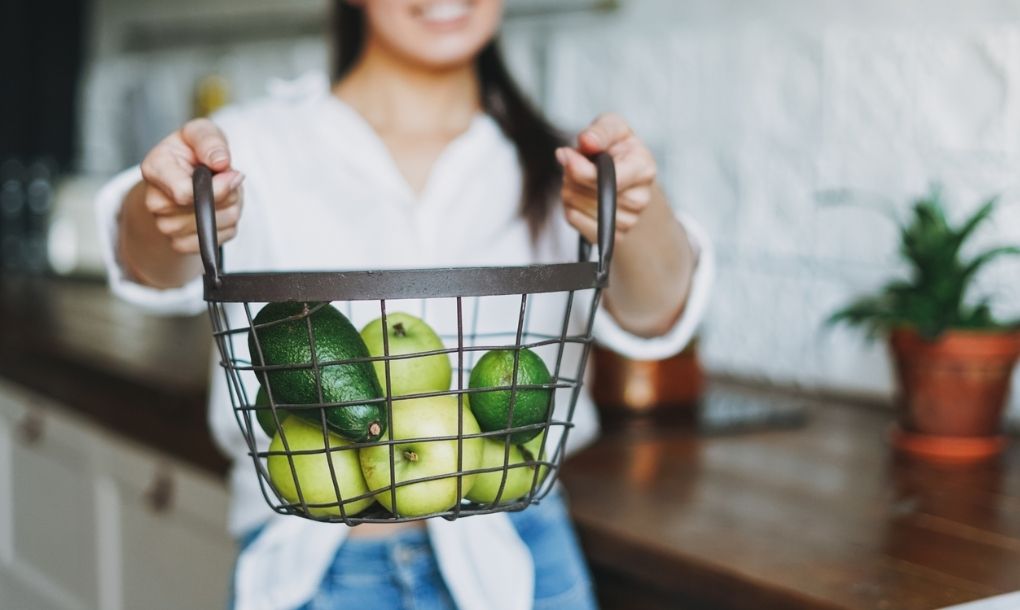Date of the last update: 25.04.2022
Highly processed and artificial substances are present in food on a very large scale. Consumption of such products unfortunately has a negative impact on our health – initially it weakness our body, then contributes to development of gastrointestinal diseases. But we can protect ourselves from them by body detox and thus promote proper organ function. If you want to take care of your health, it is worth knowing when and how to get rid of toxins.
Table of Contents:
- When to do a body detox?
- How to cleanse your body of toxins
- Herbs for cleansing the body
- Cleansing the body with lemon
You can read this article in 3 minutes.
When to do a body detox?
A toxin build up in the organs gives certain symptoms. Mostly, we feel tired, low in energy and have digestive disorders such as bloating, gas and constipation. People who struggle with irritability and weight gain should also consider a cleanse. When our beauty suffers and gives signs like dull complexion, weakened hair and brittle nails, it also means that it’s high time for a body cleanse. Detox is also useful for people who have quit smoking cigarettes, drinking alcohol or taking drugs.
How to cleanse your body of toxins

The main principle for body detox is to make changes gradually, without taking radical and extreme steps. It’s important to take two actions: to eliminate certain products and enrich your diet with others.
Firstly, cut down on products containing artificial flavourings, colourings and preservatives. Red meat, milk and dairy products should also be avoided. Sugar, white flour, alcohol and cigarettes cannot be consumed during detox. When on cleansing regime, you need to give up products containing caffeine, including coffee, black tea, coca-cola and energy drinks.
Secondly, you need to increase you intake of certain products. Natural juices, wholegrains and herbal teas should be included in your diet. When cleansing your body, remember to drink plenty of water and eat vegetables and fruits – a 400 g serving should be on your plate every day. Eat more fibre-high foods, such as wholegrains, wholemeal pasta and bread.
Alongside foods that cleanse the body, having lots of water is essential, too. With an adequate intake of water, our metabolism is not slowed down and we additionally flush out harmful substances out of our body. Most importantly, we support not only metabolism and body detox, but also proper function of the nervous and cardiovascular systems.
Explore more: Fasting versus traditional diet – how to cleanse your body
Herbs for cleansing the body
When detoxifying the body, it’s worth remembering to drink herbal teas. The right kind of tea will be green tea, which has a lot of antioxidants. A good solution will be to combine it with sets of plants that have a diuretic effect. Such herbs include nettle, pansy and dandelion.
Cleansing the body with lemon
Lemon is a vitamin which perfectly supports the immune system – 100 g lemon includes as much as 50 mg of vitamin C. But it’s also worth appreciating the cleansing properties of this citrus fruit.
To take advantage of these beneficial properties, mix 1/3 glass of lemon juice with ½ glass of water. You should drink this blend before your first meal, just after waking up. This is the way to support our immunity, kidney work and detoxify our body.
Developing the habit of drinking lemon juice with water every morning will greatly benefit your health.
In conclusion, body detox plays an important role, especially when we suffer from unpleasant ailments. So it’s good to know what to eliminate from our diet and what to add to make it better. Herbal teas and lemon are especially noteworthy. By taking the actions described above, you can effectively restore your energy and improve your body function.
Check out also: Food and mood. How does diet affect our mental health?
Sources:
G.P. Małachow, Oczyszczanie organizmu i prawidłowe odżywanie [Cleansing the body and proper nutrition]. ABA, 1996
J. Górnicka, S. Zwolińska – Kańtoch, Na zdrowie, porady dr Górnickiej [For your health, advice from Dr. Górnicka], AWM, 2014

